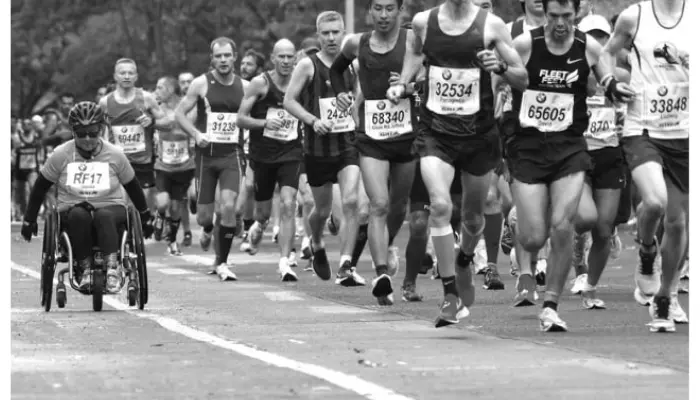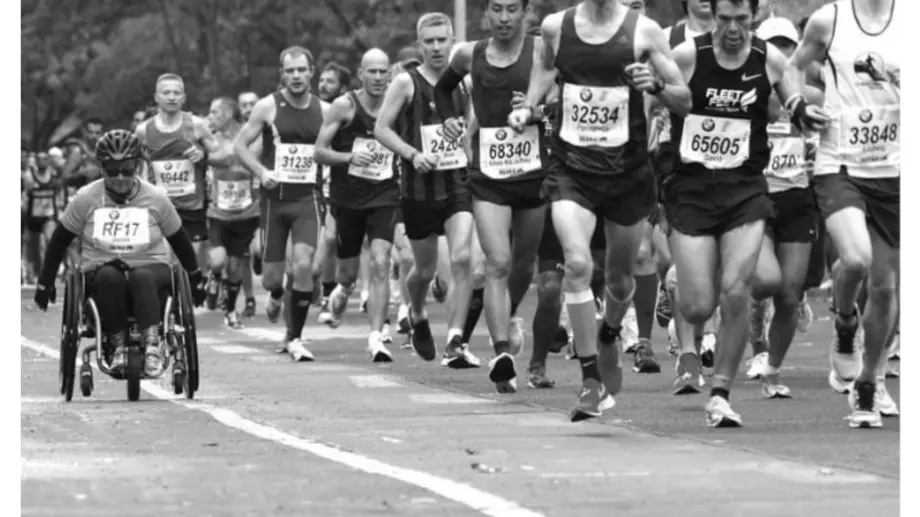History of Marathon
The history of Marathon is marked by countless incredible events that are intertwined with the history of the world.
After all, we are talking about one of the most traditional sports, which has been present in the Olympics since the first Olympic event of the Modern Era.
Continue reading this article to learn more about when and where the marathon originated and about the great names that have marked the history of this Olympic sport.
The History of Marathon according to Mythology
According to mythology, Marathon was born from the sacrifice of a Greek hero, Pheidippides, who after winning the battle of Marathon (war between Greeks and Persians) was willing to run 24 miles between Athens and Marathon.
His goal was to carry the news that the Greeks had finally defeated the Persians, in 490 BC.
After delivering the news the soldier would have died, because of the wear and tear he suffered from the race.
The origin of Marathon
True or not, the story of Pheidíppides got its well-deserved tribute at the first Olympics of the modern era, in 1896.
In addition, in this event, a new sport was created that consisted of a 24 miles race. And it was named Marathon, referring to the Battle where the Greeks were victorious.
The Change in Marathon Distance
Years later, in 1908, the distance to be run in a marathon was set at 42.195 so that the British royal family could watch it from the palace garden, and it has remained that way ever since.
Popularization of the Marathon

It is to be expected that modalities that demand great physical preparation, have little adhesion from the population.
However, marathon history changed when American Frank Shorter won the race at the 1972 Munich Olympics, increasing the popularity of the sport in the United States and, consequently, the world.
From then on, various street events were created that brought diverse people together. This was even one of the reasons for the creation of the first annual marathon, held in Boston in 1897.
The Boston Marathon is now one of the most popular marathons in the world.
The Marathon Today
And today, there are more than 350 races recognized by the International Association of Marathons and Street Races (AIMS).
The first marathon in Brazil
The first Brazilian Marathon was organized by the runner Eleonora, in 1979.
The event was named the Rio de Janeiro International Marathon, because it is based in that city.
Currently, the Rio de Janeiro marathon is considered the largest in the country, bringing together more than 80,000 runners from the most diverse countries.
Biggest names in marathon history
There are numerous names relevant to the history of the marathon. But among the main ones are:
-
Spiridon Louis: Greek long-distance runner, as well as the first man to win a marathon in the modern Olympics;
-
Joan Benoit: first woman to win an Olympic marathon.
-
Marie-Louise Ledru: Known unofficially as the first woman marathoner after completing, in 1918, the Tour de Paris Marathon in 5h40m and coming in 38th place.
Did you enjoy learning more about the history of the marathon and how it became such a popular sport around the world? Then share this post with your friends who are also interested in the subject, so that they can also understand a little more about it.
